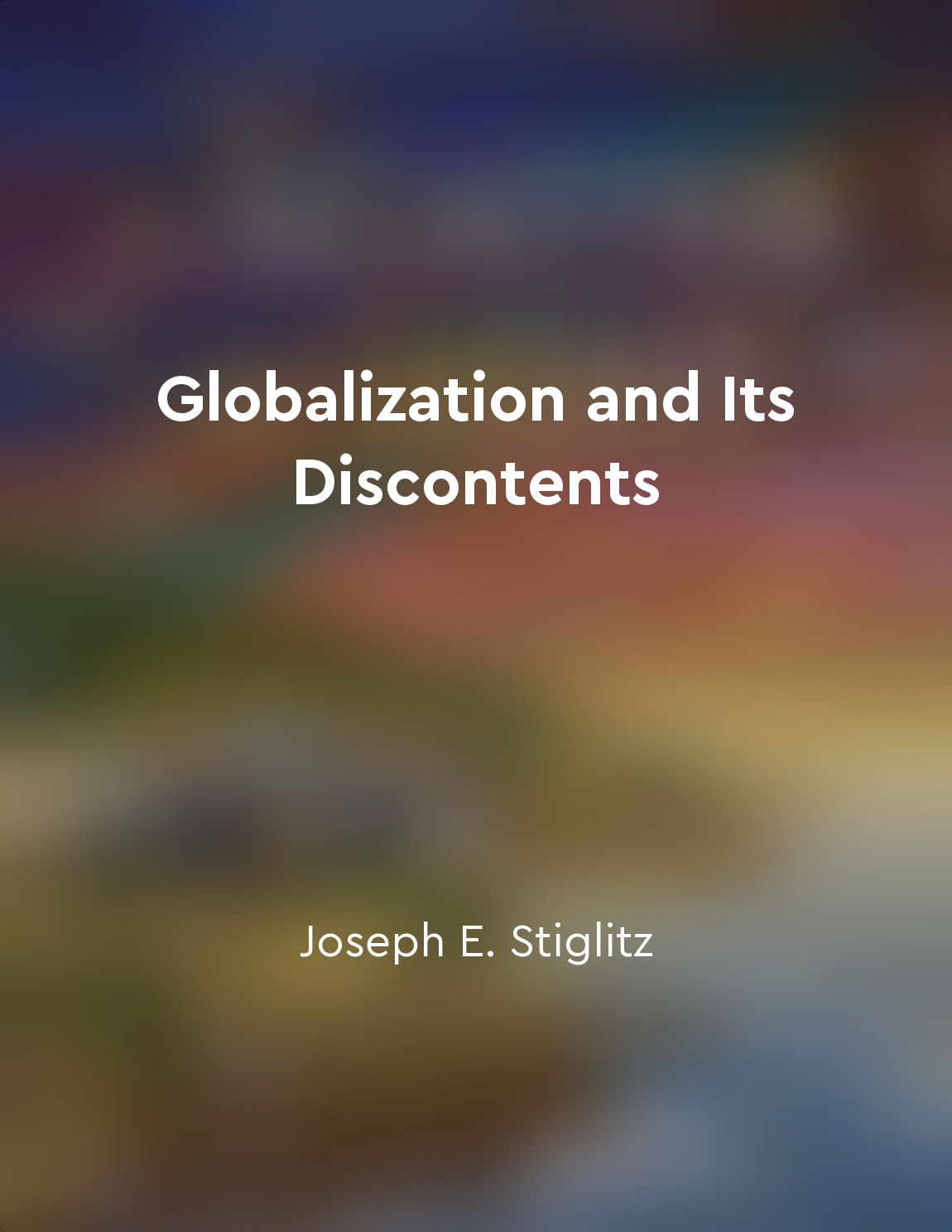Globalization has accelerated human movement from "summary" of The Next Great Migration by Sonia Shah
In the modern world, the pace of human movement has quickened, thanks to the forces of globalization. People are on the move more than ever before, crossing borders and continents in search of better opportunities, whether economic, social, or political. Globalization has broken down barriers to movement, making it easier for individuals to relocate across vast distances in pursuit of their goals. One of the key drivers of this increased human mobility is the interconnectedness of our world. Advances in technology and transportation have made it simpler for people to travel long distances in a short amount of time. Air travel, in particular, has made it possible to traverse the globe in a matter of hours, shrinking the physical distance between far-flung regions. Furthermore, economic globalization has created a more interconnected global economy, prompting people to move in search of employment opportunities. As industries become more globalized, individuals are willing to relocate to different countries to capitalize on job openings and higher wages. This economic incentive fuels the movement of people across borders, contributing to the acceleration of human migration. Social and cultural factors also play a significant role in driving human movement in a globalized world. The spread of ideas, information, and trends through the internet and social media has created a sense of interconnectedness among people from different parts of the world. This interconnectedness can inspire individuals to move to new places in search of a better quality of life or to experience different cultures. In summary, globalization has accelerated human movement by breaking down barriers to travel, creating economic incentives for migration, and fostering a sense of interconnectedness among people worldwide. As our world becomes more interconnected, the pace of human movement is likely to continue to increase, shaping the demographic landscape of the future.Similar Posts
International borders shape political relationships
International borders have a significant impact on the political relationships between countries. These borders often act as ph...

Regulatory oversight is essential to prevent financial crises
Regulatory oversight plays a crucial role in preventing financial crises. Without effective regulation, there is a greater risk...
Immigration and economic impact
Immigration has long been a contentious issue, with debates centered around its economic impact. Proponents argue that immigran...
Blockchain technology is reshaping industries
Blockchain technology is a distributed ledger system that allows for the secure and transparent transfer of digital assets with...
Social institutions are embedded within cultural systems
Social institutions are not free-floating entities, but rather are deeply rooted within the broader cultural systems in which t...

Role of government policies in shaping class relations
Government policies play a vital role in defining class relations within a society. Policies formulated by the government can e...

Automation disrupts traditional industries
Automation is changing the face of industries worldwide, leaving many traditional sectors struggling to keep up. With the rise ...
Our ancestors migrated across continents in search of resources
Human ancestors, like all living creatures, migrated in search of resources. The quest for sustenance drove them to traverse co...
